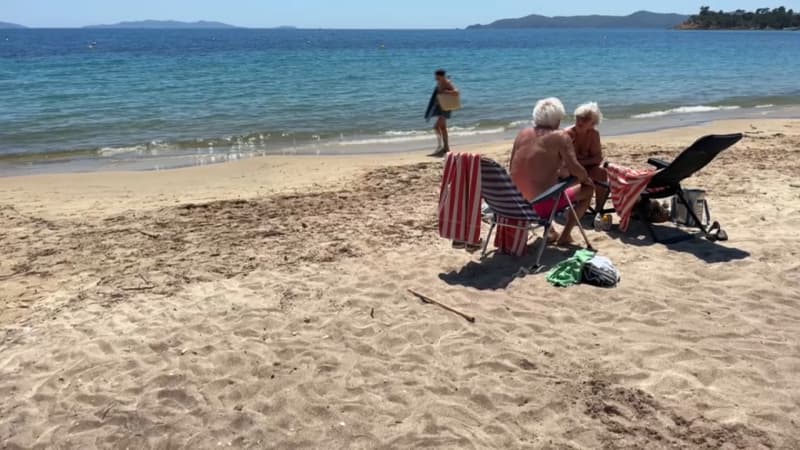The economic lights seem to be green for the next summer vacations that begin this Friday night. Not only the French will not only leave, but they should also spend more, according to the new edition of the study* Holidays Summer Holidays of Cofidis.
In detail, 63% of the French intend to leave 55% in 2024 and spend an average of 2,035 euros or 185 euros more in a year.
In fact, this budget is higher in higher social categories (2,477 euros) and the people living in île-de-France (2,457 euros), while that of the modest categories (1,512 euros) is 500 euros lower than the general average budget.
Above all, the general average budget of the modest categories “has not been so low since 2022”, it was 1,713 euros in 2023 and 1,645 euros in 2024, while inflation was there (87% of respondents find an increase in trip prices for a year, including housing).
And for those who do not leave, the financial problem is, with much, the first explanation presented with 52% or 16 more points in a year.
Less purchases of pleasure
Even if the average assigned budget is increasing, a large majority of vacationers (69%) anticipate arbitrations.
“The oldest will favor savings in leisure purchases and restaurants, while the youngest will resort more to housing or transport restrictions,” Cofidis said.
Among the vacationers, another trend is taking shape, the most responsible license. “65% will favor the activities aimed at preserving flora and fauna. In addition, 64% of the French are ready to choose to avoid the plane, and 62% favor the stays enjoying the local economy,” we read.
However, this desire faces an obstacle: the price perceived as the highest of this “responsible” vacation for 78% of the French or the accessibility mentioned by 68% of them. “They also highlight the lack of attractive offers (58%) and information on responsible options (56%), while admitting that 51%have trouble changing their habits,” Cofidis said.
*: Sample of 1,008 French, representative of the French population of 18 years or more. Self -administered online shows from May 6 to 9, 2025, which consists of the quota method on the following criteria: sex, age, profession, residence region and category of agglomeration.
Source: BFM TV


